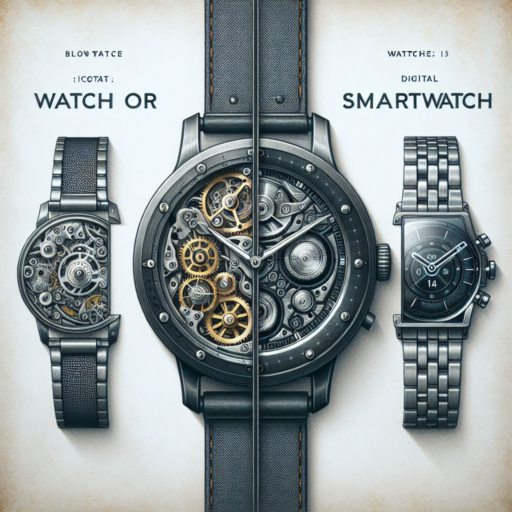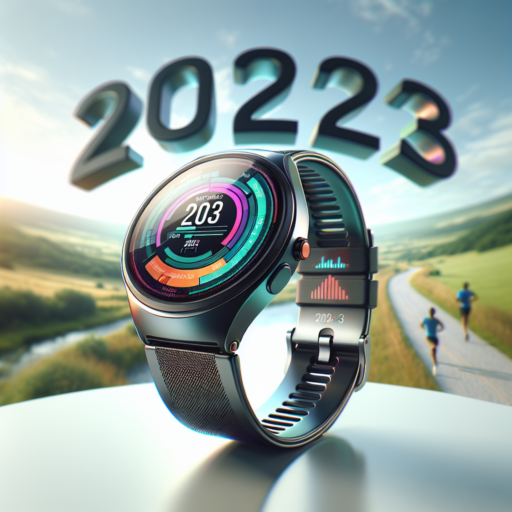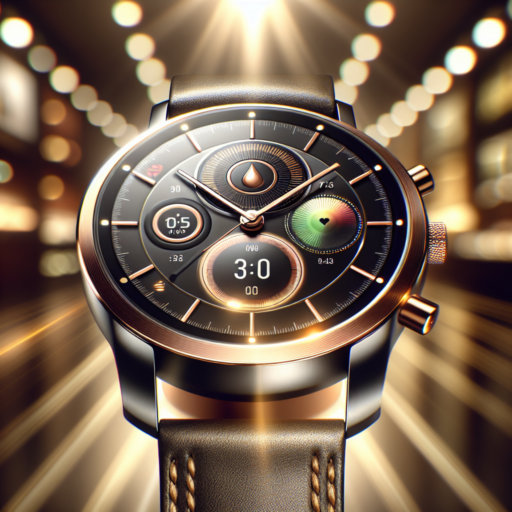What are the disadvantages of a smartwatch?
Smartwatches have gained popularity for their numerous conveniences and advanced features, but they come with their own set of drawbacks. These disadvantages can influence your decision on whether or not a smartwatch is the right tech accessory for you.
Limited Battery Life
One of the most significant drawbacks of smartwatches is their limited battery life. Unlike traditional watches that can run for months or even years on a single battery, smartwatches require frequent recharging. Most devices need to be charged daily, depending on usage, which can be inconvenient for users who are always on the go or those who forget to charge their devices regularly.
Dependence on a Smartphone
Another disadvantage of smartwatches is their dependence on a smartphone for the most part. While they are marketed as standalone devices, many of their functions, such as receiving calls and messages, require a Bluetooth connection to your smartphone. This means carrying two devices with you at all times, which can be cumbersome and might not always be practical or desirable.
Cost
The cost of a smartwatch can also be a deterrent for potential users. High-end models can be quite expensive, and even mid-range devices might seem overpriced when you consider that they essentially serve as an extension of your smartphone. The ongoing cost of accessories and potential repairs, not to mention the need for upgrades every few years to keep up with the latest technology, can make owning a smartwatch a costly affair over time.
No se han encontrado productos.
Do we really need a smartwatch?
The question of whether smartwatches are a necessity has increasingly become a topic of debate. With the surge in technology, these wearable devices offer a range of features designed to facilitate our daily lives. However, the fundamental question remains: Are these sophisticated gadgets a must-have in our tech arsenal, or merely a luxury?
Convenience on Your Wrist
One of the primary arguments in favor of smartwatches is the unparalleled convenience they provide. By having notifications, fitness tracking, and even mobile payments strapped to your wrist, the need to constantly reach for your phone diminishes. This seamless integration of technology into daily life does pose the question of whether the convenience offered translates into a real necessity.
Health and Fitness Tracking
An impressive feature of modern smartwatches is their ability to monitor health and fitness aspects. From counting steps to tracking heart rates and even oxygen levels, these devices aid users in maintaining a healthy lifestyle. While this capability is beneficial, it prompts a discussion on whether such personal health monitoring makes owning a smartwatch essential, or if traditional methods and devices suffice.
Is A smartwatch a good watch?
When evaluating the question, «Is a smartwatch a good watch?», it’s imperative to consider the multifaceted nature of modern smartwatches. Unlike traditional timepieces, smartwatches offer a broad spectrum of functionalities beyond merely telling time. These devices have evolved from simple timekeepers to essential tools for communication, health monitoring, and personal productivity.
Convenience and Connectivity
One of the paramount advantages of a smartwatch is its capability to keep you connected. With a smartwatch on your wrist, you can receive notifications, respond to messages, or even make calls without needing to have your smartphone on hand. This level of convenience and connectivity is unparalleled in traditional watches.
Health and Fitness Tracking
Another compelling aspect of smartwatches is their role in promoting health and wellness. Modern devices come equipped with various sensors and features designed to track your physical activities, monitor your heart rate, and even analyze your sleep patterns. This makes a smartwatch not just a time-telling device but a personal health advisor as well.
As technology continues to advance, the line between smartwatches and traditional watches becomes increasingly blurred. Smartwatches today offer a blend of style, sophistication, and functionality that can rival even the most well-crafted mechanical watches. But the true measure of a «good» watch isn’t just in its ability to tell time—it’s in its ability to enrich the wearer’s life in meaningful ways.
Is Digital Watch better than smart watch?
When considering the question, Is Digital Watch better than smart watch?, it’s essential to dive into the defining features and benefits that set these two types of watches apart. Digital watches, known for their simplicity and durability, have been a staple in the world of timekeeping for decades. They offer straightforward functionality, including alarms, stopwatch features, and, in some cases, backlighting, making them a reliable choice for everyday wear.
On the other hand, smart watches come equipped with a plethora of features far beyond just timekeeping. These devices can track your fitness levels, monitor your heart rate, connect to the internet, display notifications from your smartphone, and even allow you to make calls and send texts in some models. The versatility of a smart watch is unmatched, suggesting that its betterment over digital watches might depend on the user’s lifestyle and needs.
However, the simplicity of digital watches is often their most significant advantage. Without the need for daily charging, as is common with smart watches, digital watches can be worn continuously without much maintenance. This makes them particularly appealing for individuals seeking reliability and minimalism. Additionally, for those who appreciate a less intrusive technological presence in their daily lives, the non-connected nature of digital watches can be seen as a clear benefit over their smart counterparts.
Furthermore, the durability of digital watches often surpasses that of smart watches. Made to withstand rigorous activities and environments, many digital watches are water-resistant, shockproof, and built to last. This ruggedness can be a critical deciding factor for those who lead active lifestyles or require a watch that can take a beating without faltering. In essence, the debate between digital and smart watches boils down to a balance of simplicity versus functionality, each appealing to different types of users based on their individual needs and preferences.




